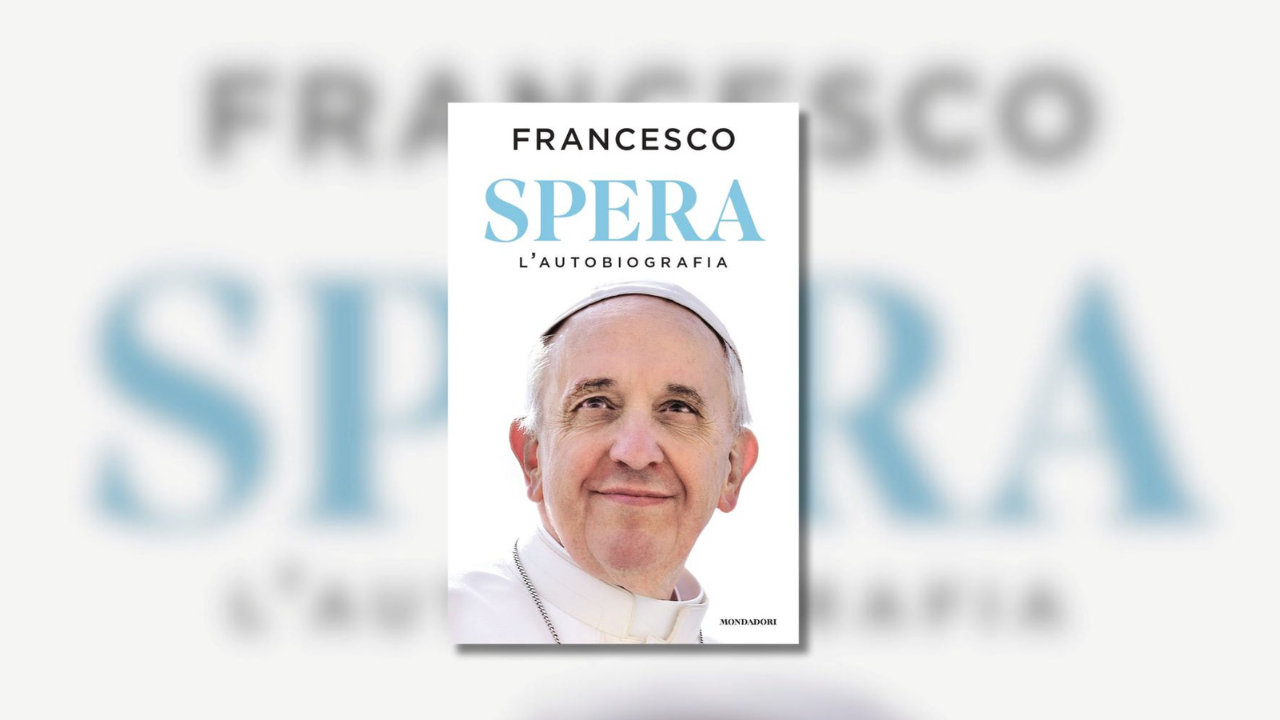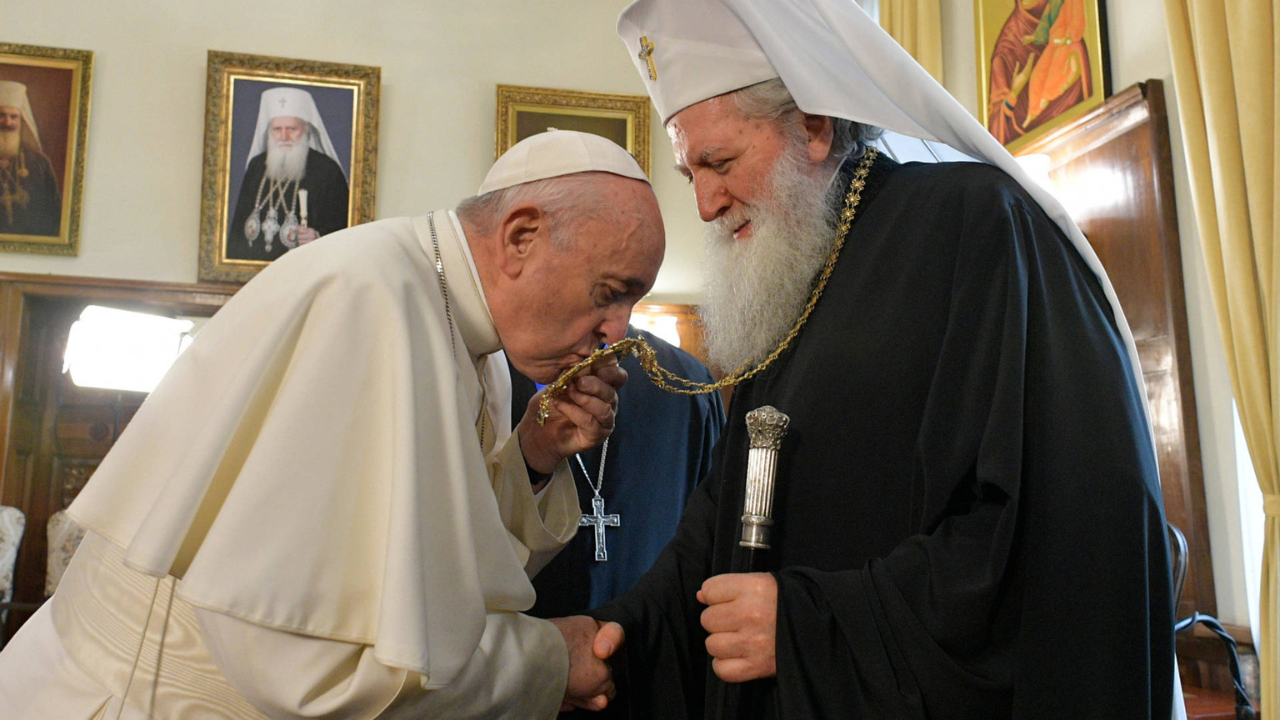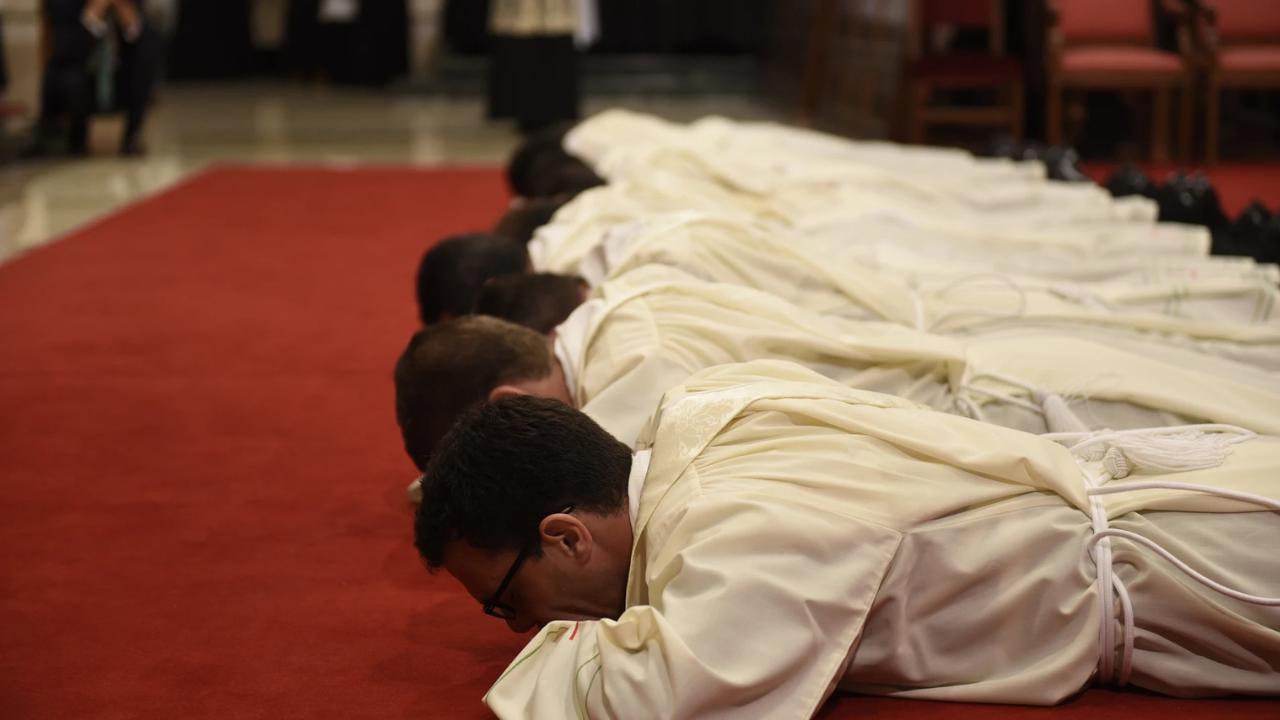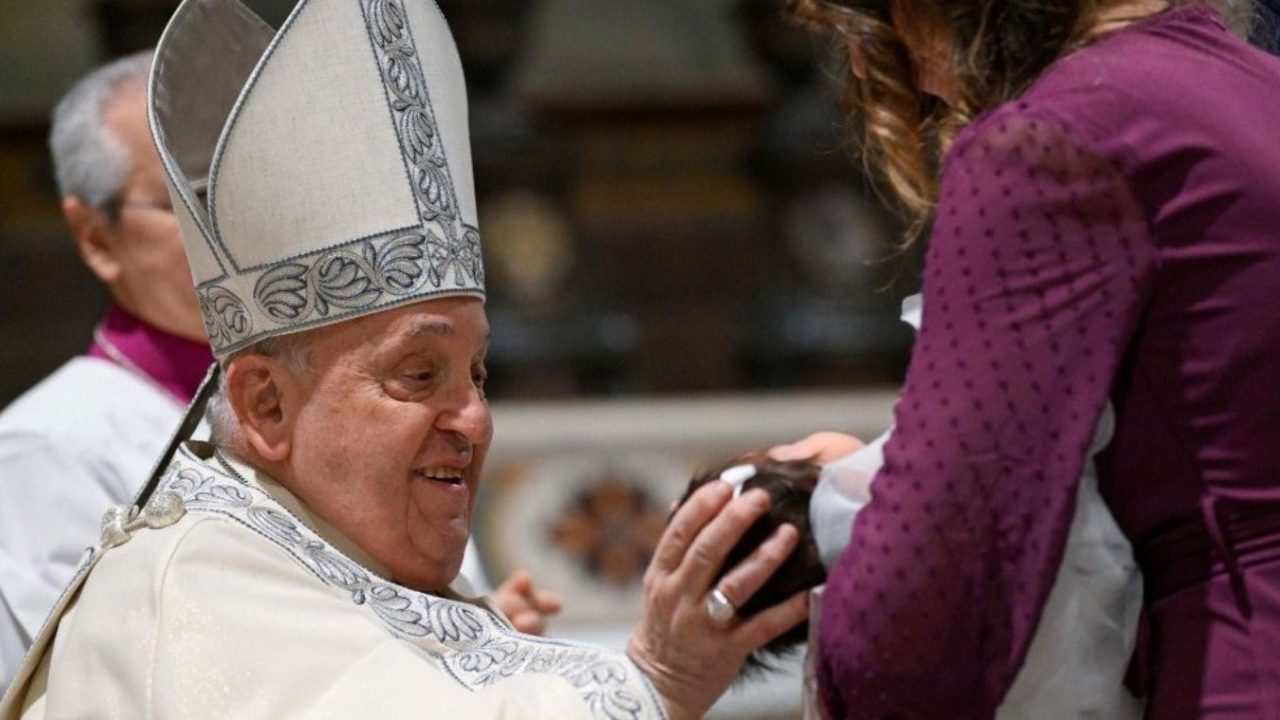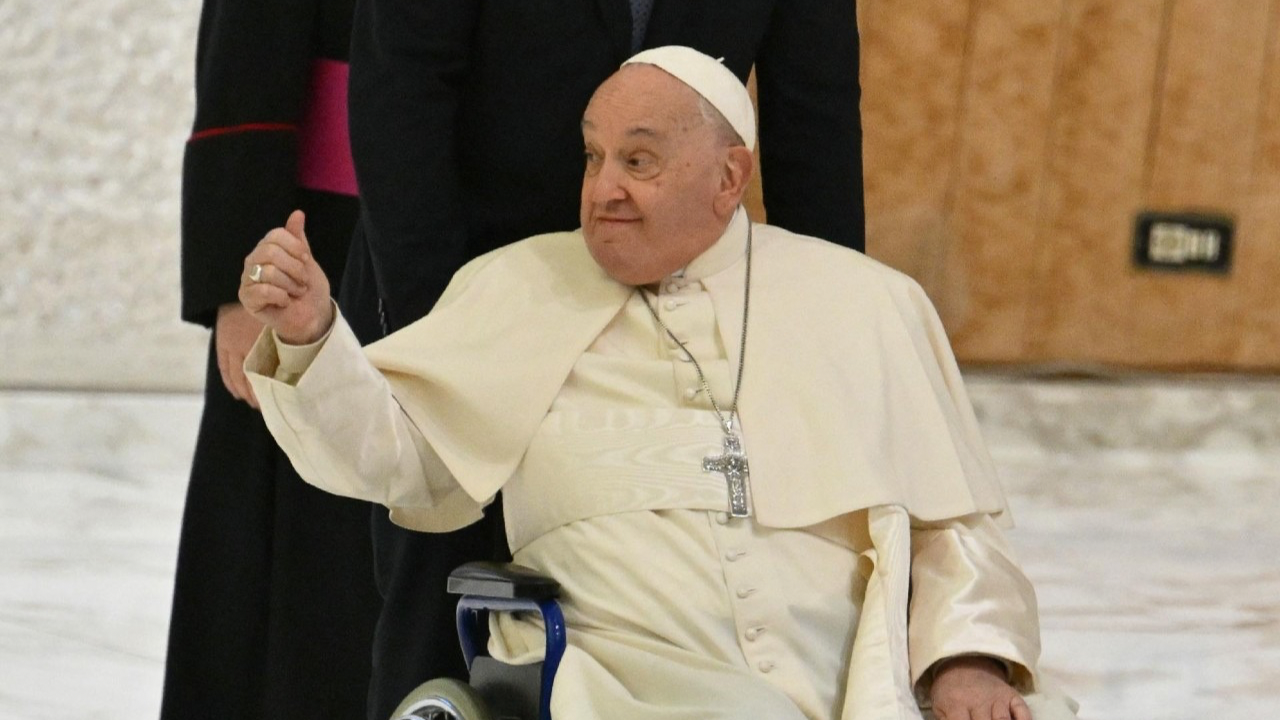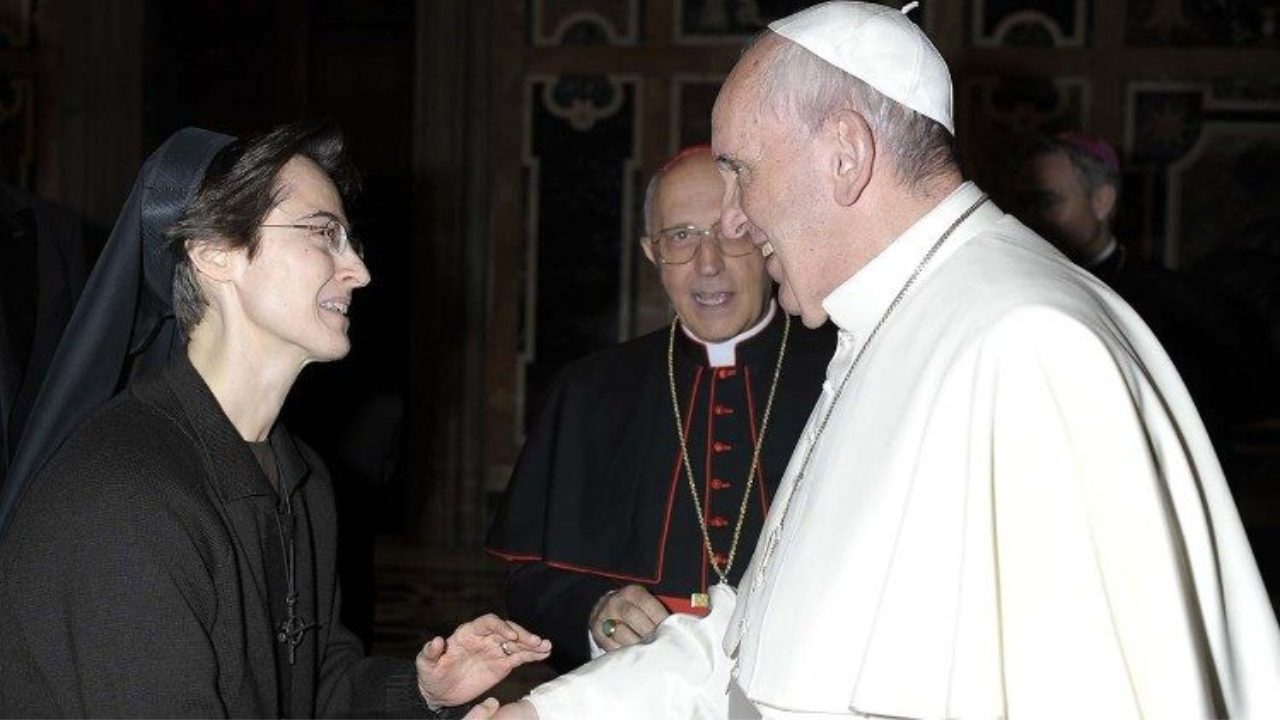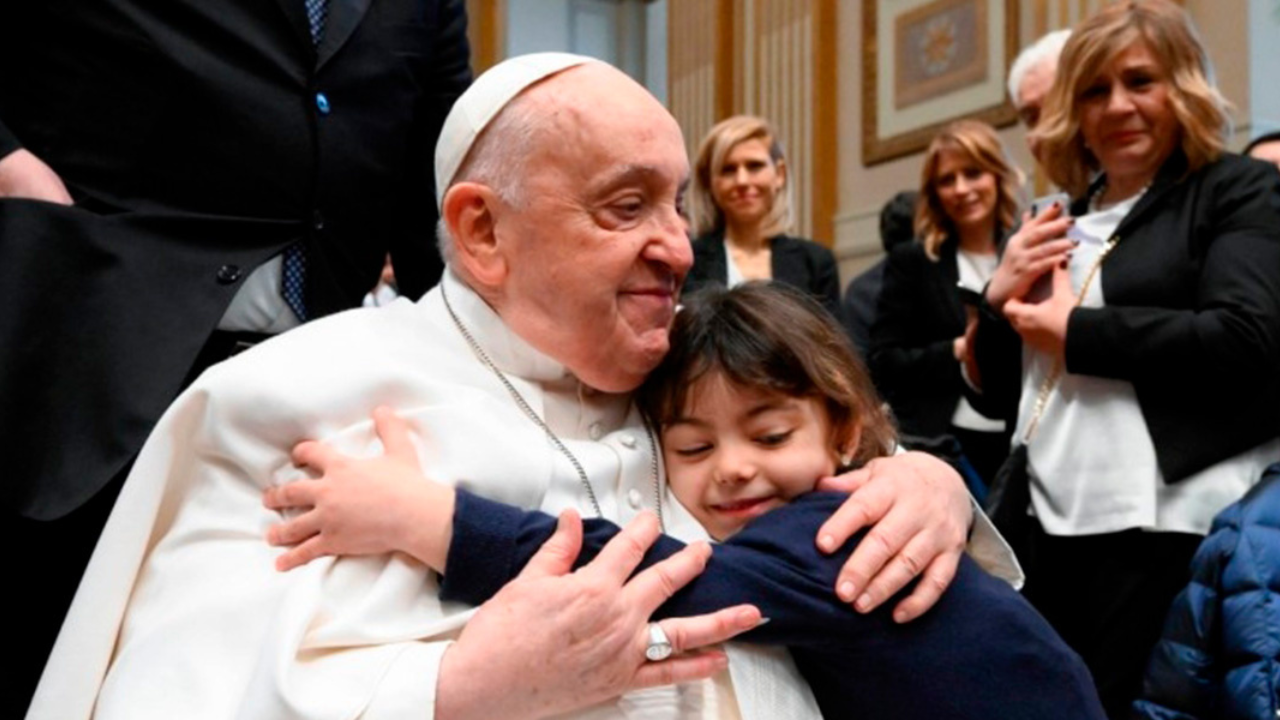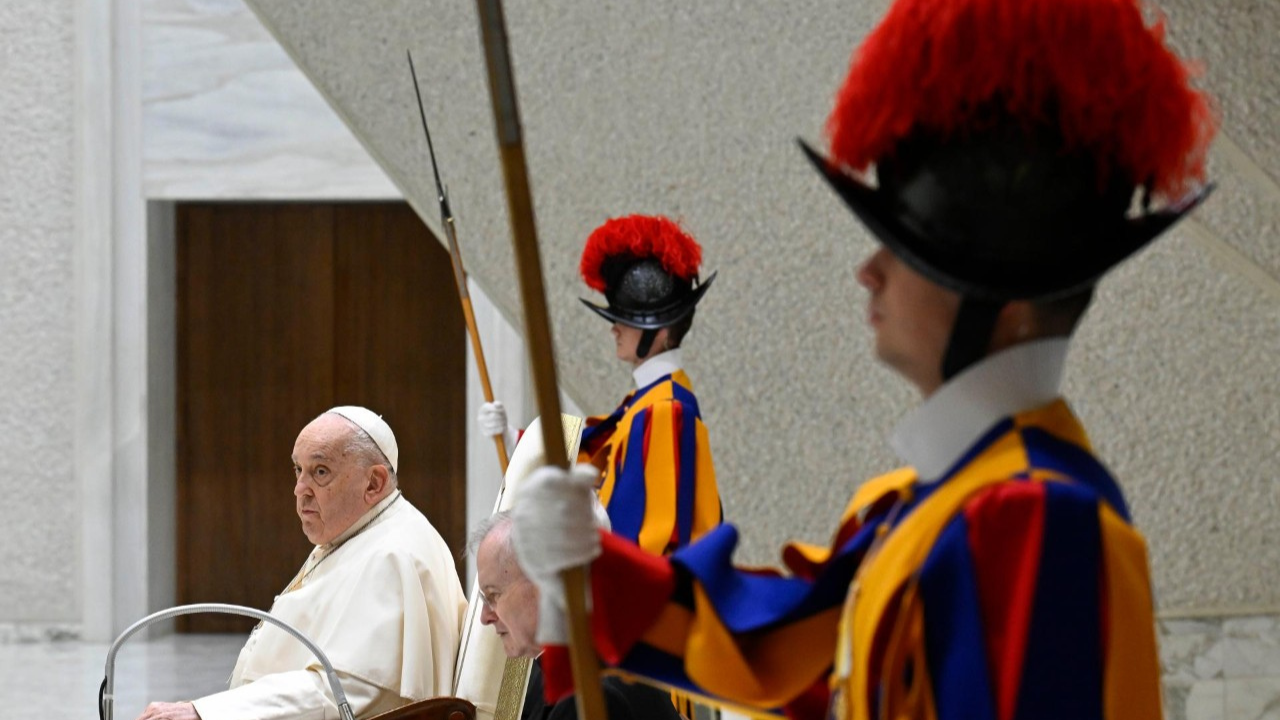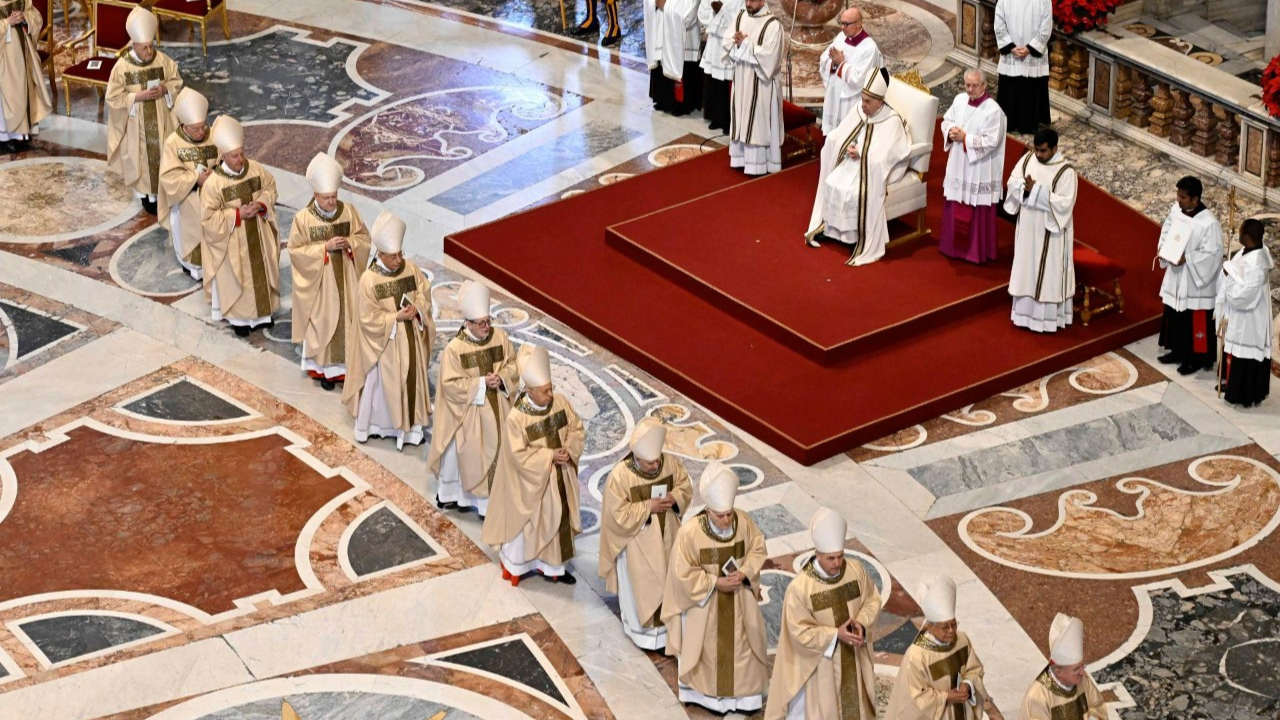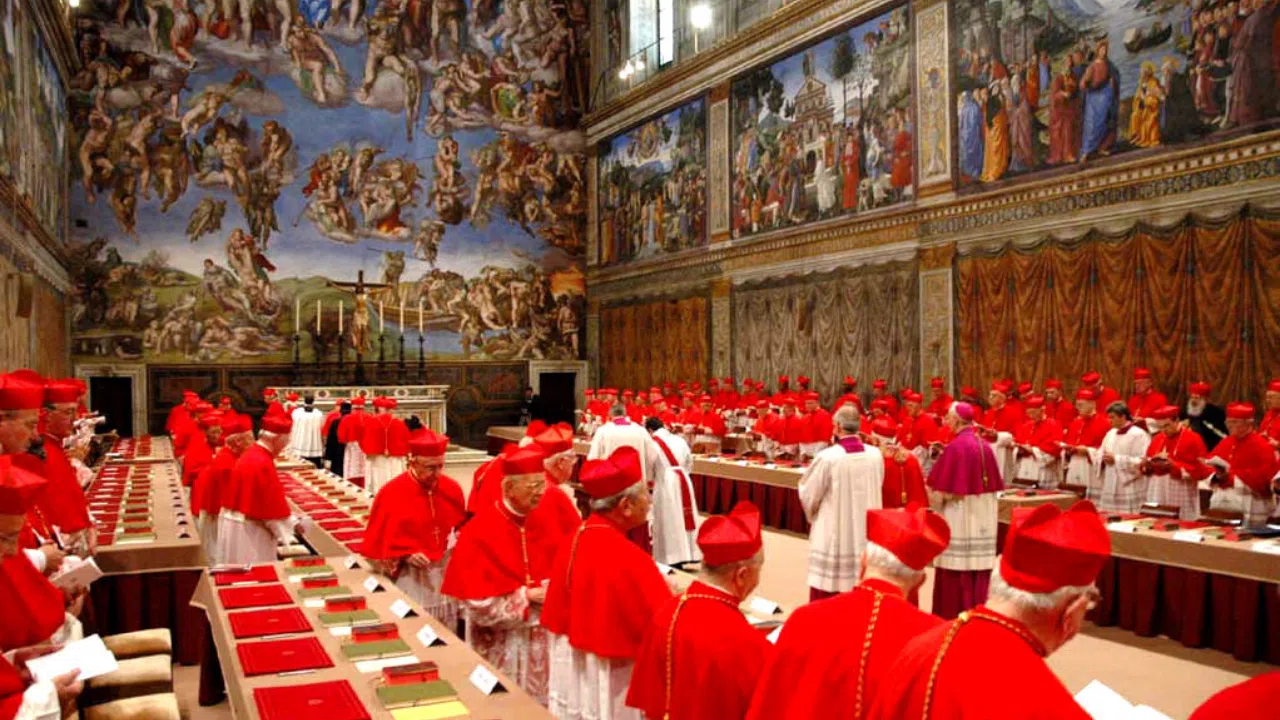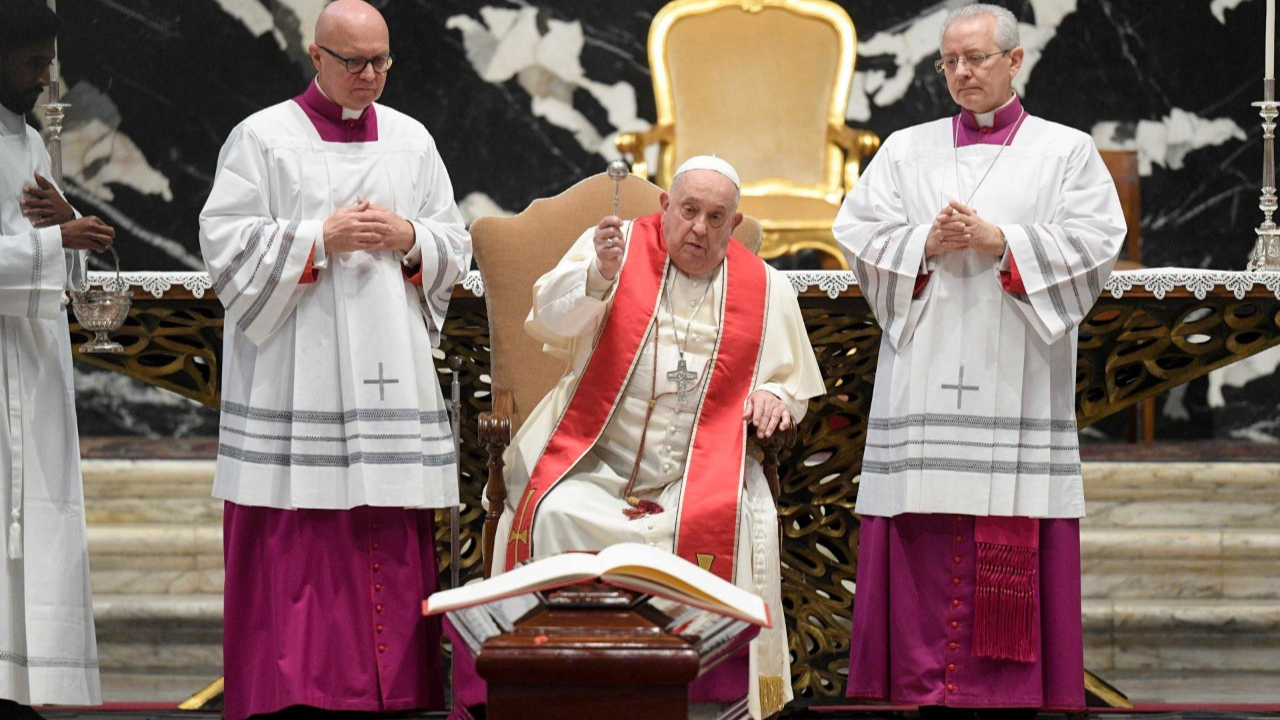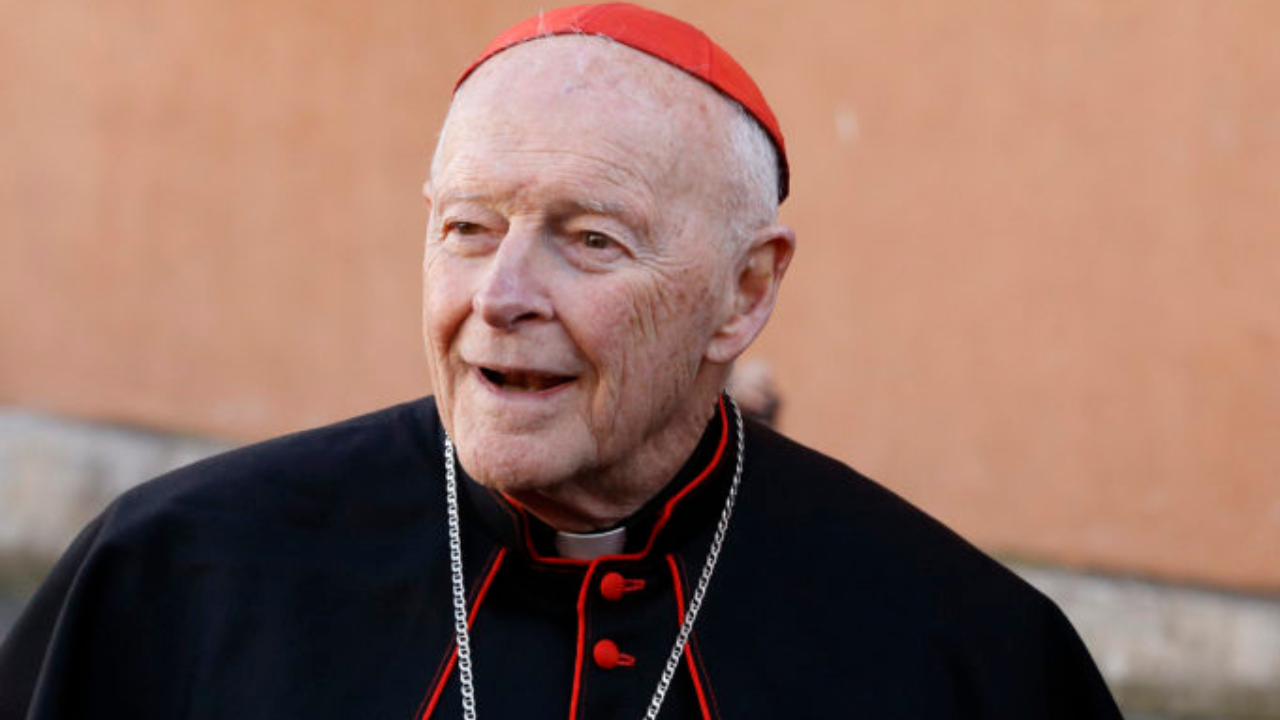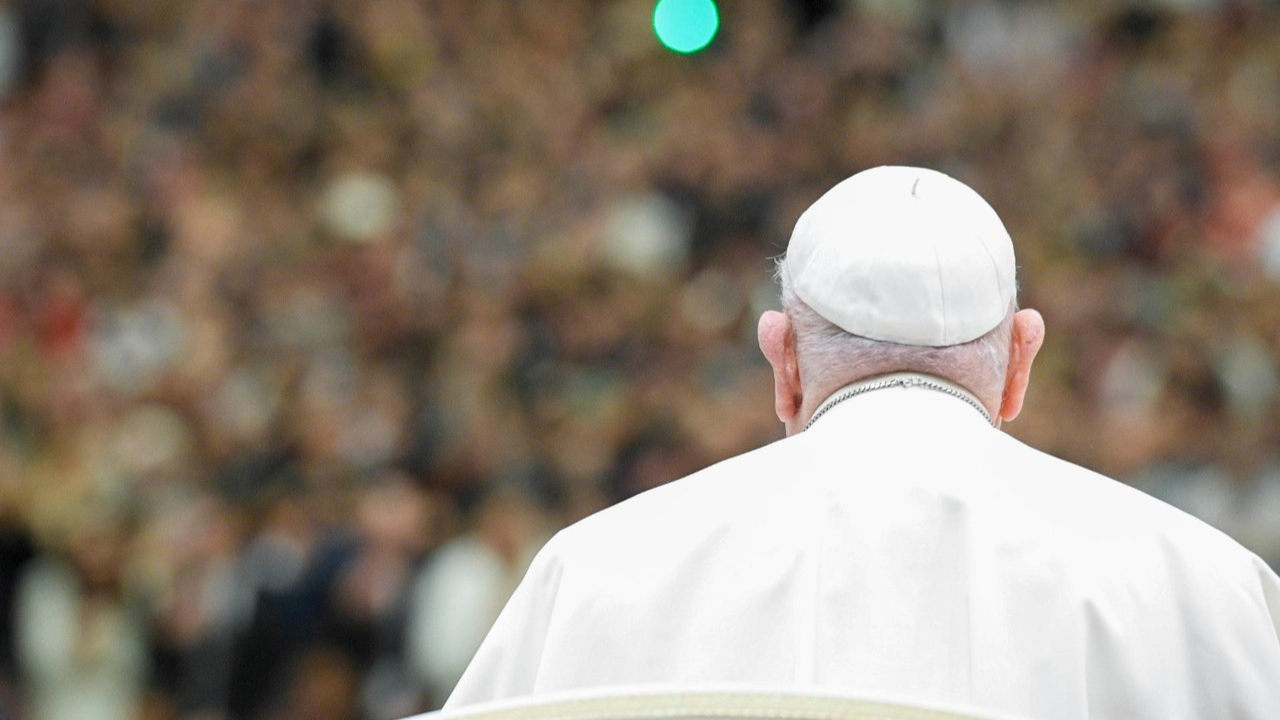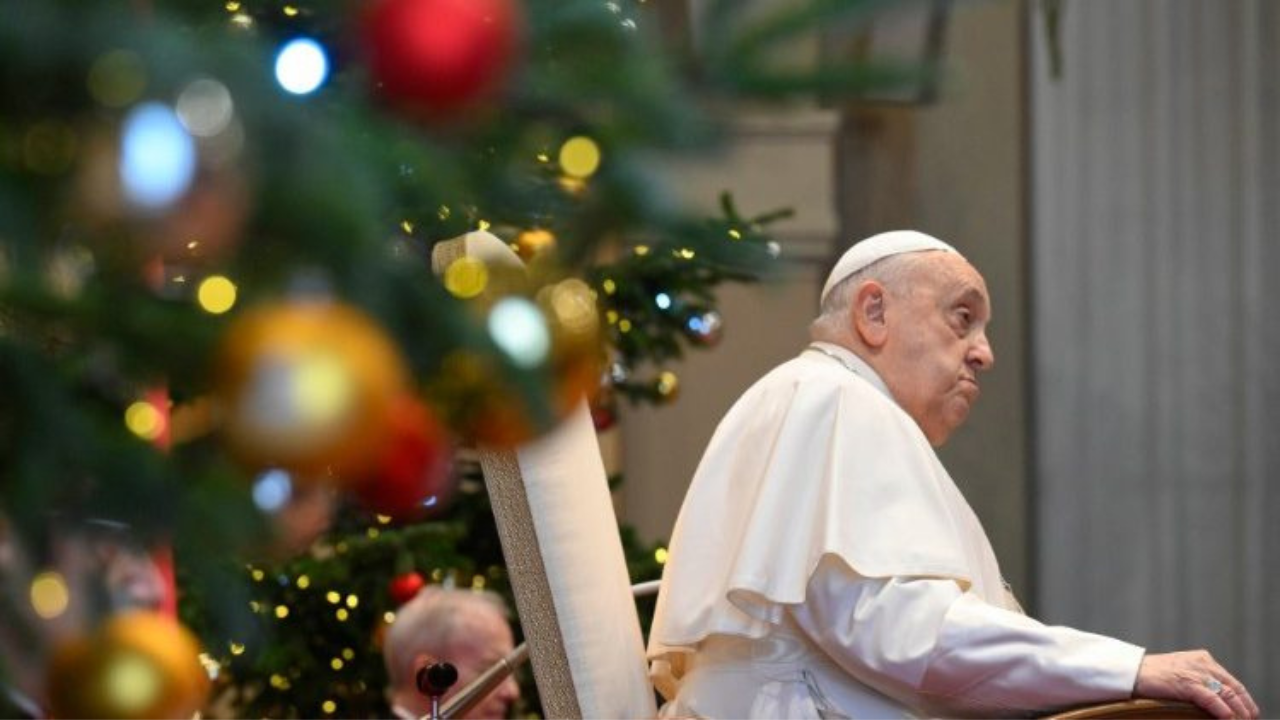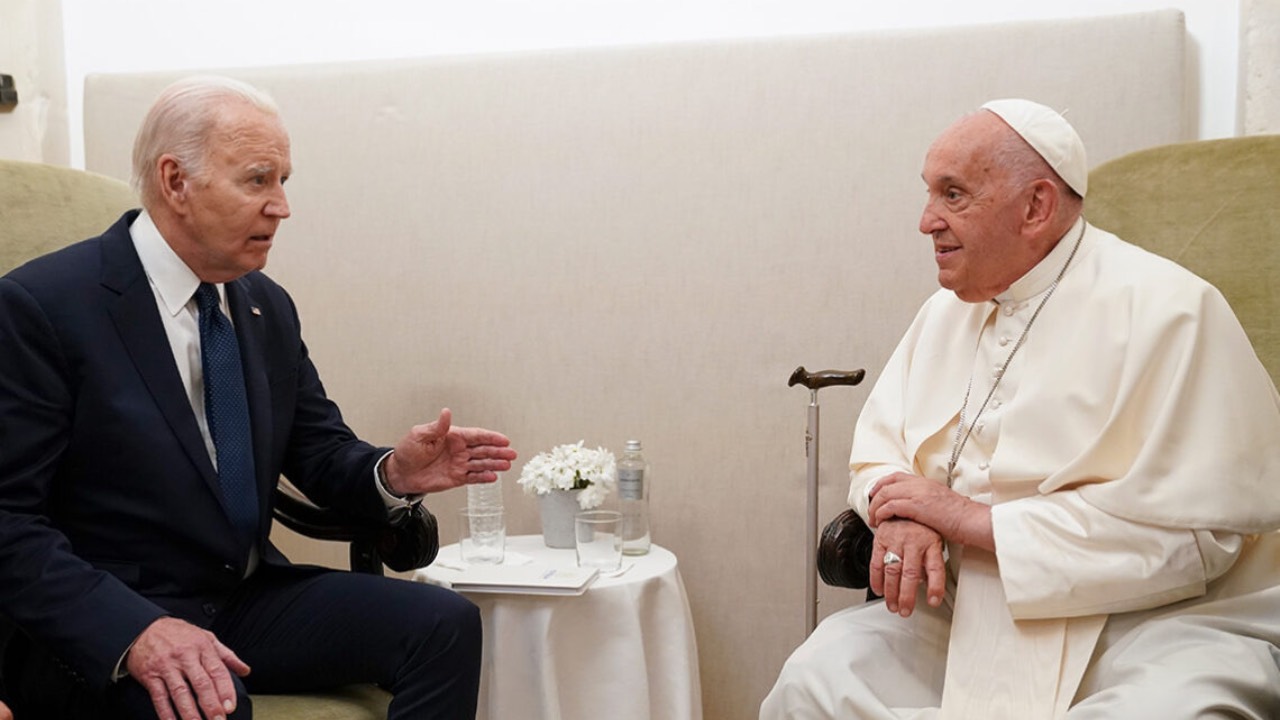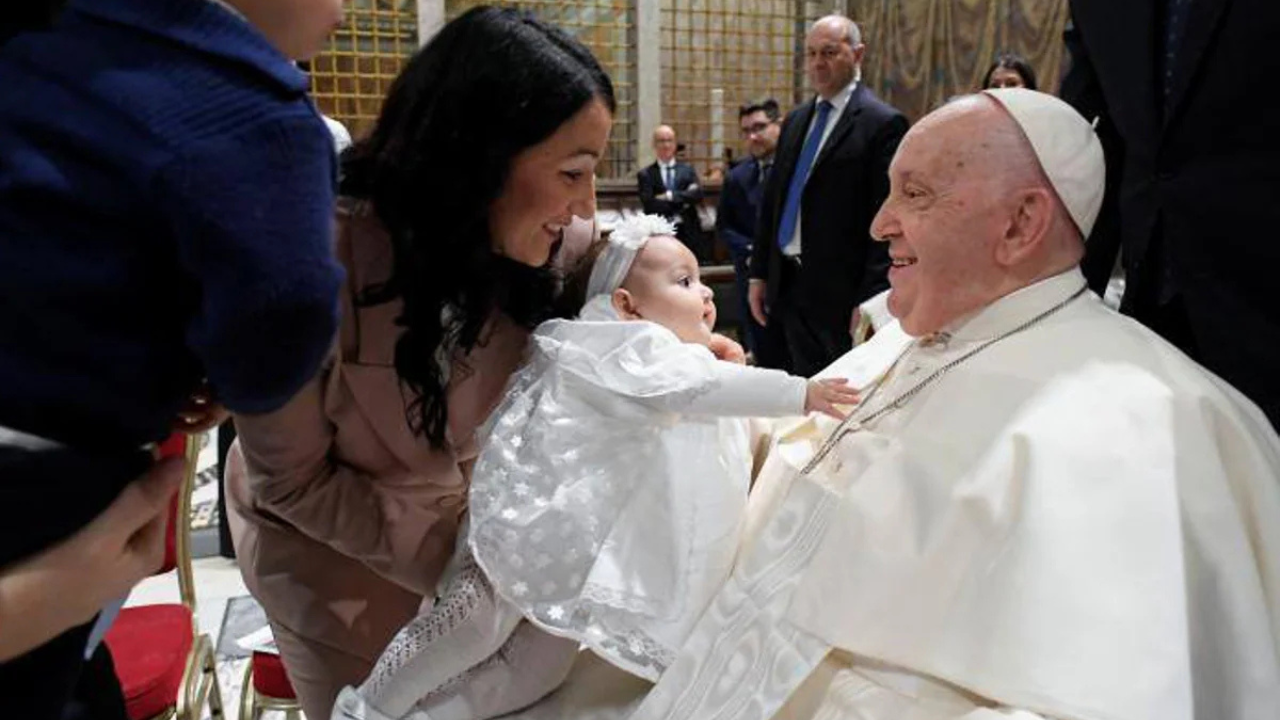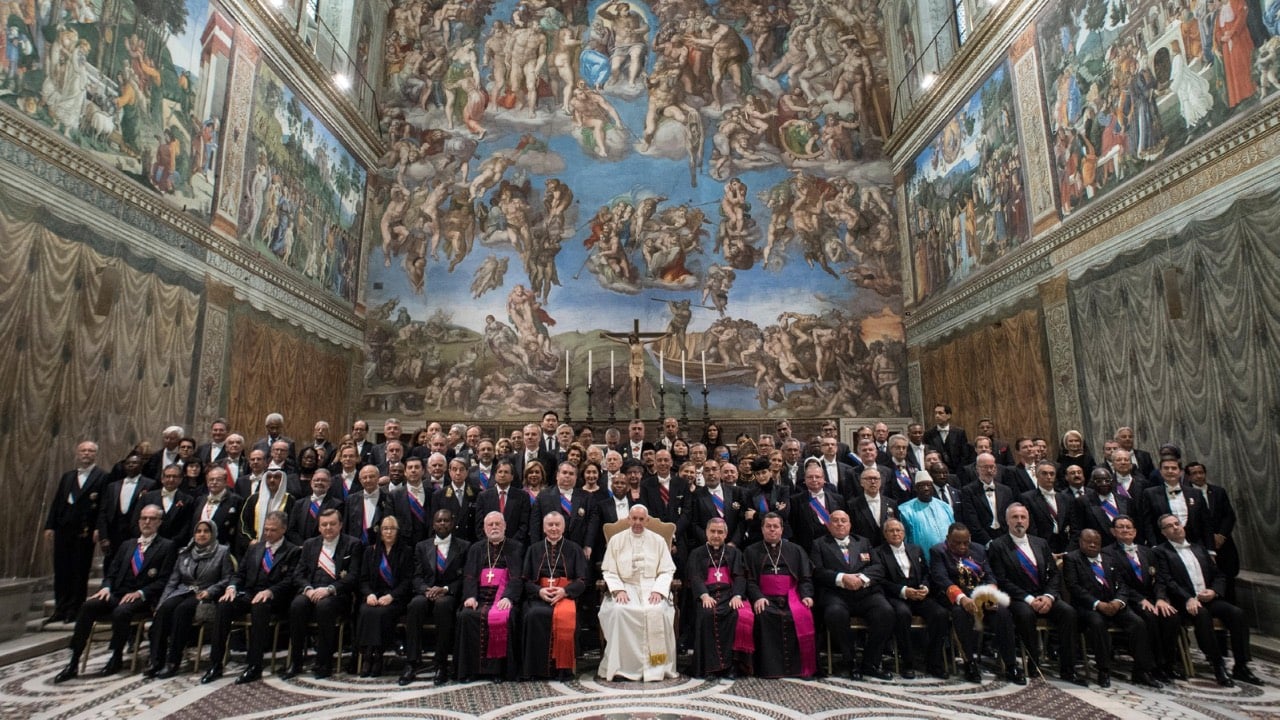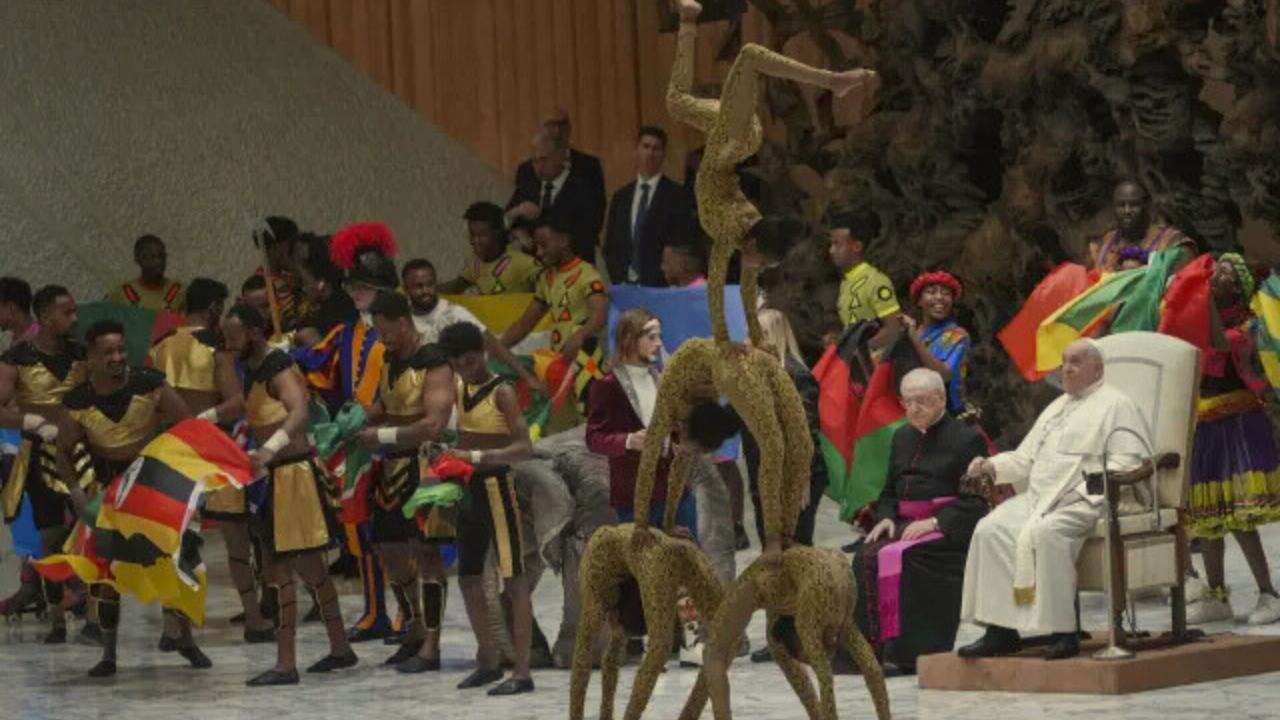This book faces one of the most complicated questions of our time. There are stages in life in which it's hard to see the horizon along the path or in which even the world seems to be dominated by darkness.
One relevant example is the current pandemic, before which society is vulnerable and seems not to see the light.
LUIGI MARIA EPICOCO
“We must make a leap of faith in a moment in which our thoughts and emotions suggest otherwise. It's a sort of act of disobedience in the middle of a crisis a person is experiencing. This trust, before the light is even visible, is the first step to discover that light.”
This is Luigi Maria Epicoco's proposal in his book, “La Luce in Fondo,” in English, “The light at the end.”
During his priestly ministry, being in contact with people, he understood that “the greatest need of man is not bread, but to be heard.”
LUIGI MARIA EPICOCO
“People are willing to do anything to be heard, because when someone listens to us, it allows us to express what we usually keep bottled up inside and don't understand. Verbalizing—not just saying the words, but having someone listen to those words—allows us to understand what we're living. That's why listening is the key to solving many problems.”
For Luigi Maria Epicoco, the different stages of life pose a variety of questions and mark us deeply, but there is always a more profound truth for which it's worth living.
LUIGI MARIA EPICOCO
“We could say that our entire life is traversed by crisis. The problem is that when we talk about crisis, we always use negative terms. Instead, crisis means there is life. It's the movement of life. Every time we're confused, it means we're on the way to a much more profound awareness.”
The book aims to transform the experience of being a victim into an opportunity to go back to being protagonists of our own lives.
Daniel Díaz Vizzi
Translation: CT
